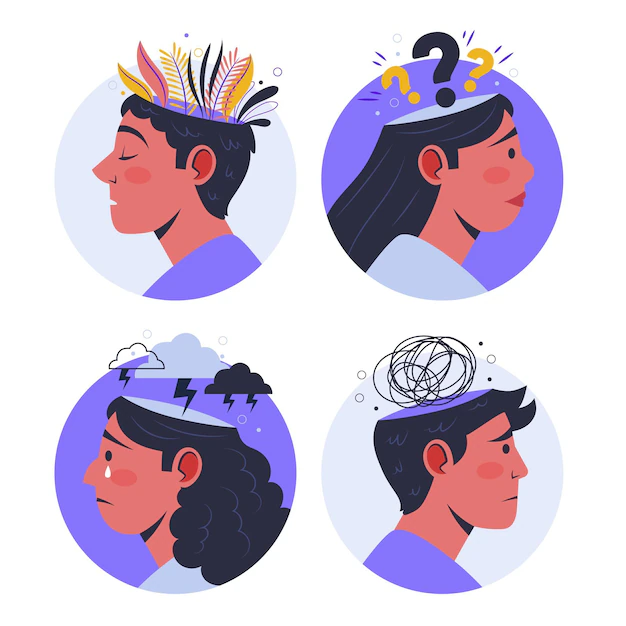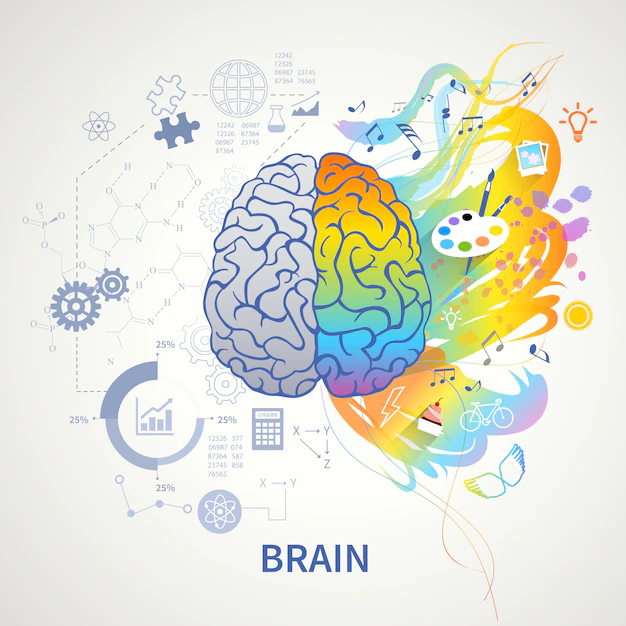Child Psychology: Nurturing Healthy Development and Well-being
Child psychology stands as a specialized branch within psychology dedicated to comprehending the intricate processes of development, behavior, and mental processes in children. It navigates the multifaceted aspects of a child’s life, exploring the influences that shape their growth, cognition, emotions, and social interactions.

Page Contents
Overview of Child Psychology
Child psychologists examine a range of developmental milestones that shape a child’s growth from infancy through adolescence. These milestones, encompassing physical, cognitive, emotional, and social changes, serve as fundamental markers guiding their understanding of typical developmental patterns and potential deviations.
Nature vs. Nurture in Child Development
Understanding the interplay between genetic predispositions (nature) and environmental influences (nurture) forms a core aspect of child psychology. Researchers delve into how genetics, family dynamics, culture, education, and societal factors converge to impact a child’s developmental trajectory.
Caregivers’ Role in Development
The relationships and interactions children experience with caregivers—parents, family members, teachers, and peers—are paramount in their psychological development. Attachment theory underscores the significance of secure attachments in fostering healthy emotional development.
Key Areas of Focus
| Key Area | Description |
|---|---|
| Cognitive Development | Exploration of how children acquire knowledge, process information, solve problems, and develop language skills. This includes Piaget’s stages of cognitive development and understanding thinking abilities. |
| Emotional Development | Investigation of emotional milestones, emotional intelligence, empathy, and the influence of early experiences on emotional development. Recognizing, regulating, and expressing emotions are key areas. |
| Social Development | Study of social skills, interpersonal relationships, peer influence, and moral reasoning. This area explores how children learn social behaviors through interactions with peers, adults, and societal norms. |
Developmental Milestones: Sample
Understanding developmental milestones is crucial in child psychology to monitor and assess a child’s growth and development. Here’s a sample of typical milestones:
| Age Range | Developmental Milestones |
|---|---|
| 0-6 months | Responding to sounds, lifting head when lying on stomach, babbling. |
| 1-2 years | Walking, using simple sentences, following simple instructions. |
| 3-5 years | Riding a tricycle, understanding emotions, playing with other children. |
| 6-12 years | Reading proficiently, understanding complex emotions, forming friendships. |
Challenges and Interventions
Child psychologists address various challenges:
- Behavioral issues like ADHD or conduct disorders.
- Developmental disorders including ASD and learning disabilities.
- Providing tailored interventions and therapies to support children and their families.
Applications and Implications
Insights from child psychology are instrumental in:
- Informing educational strategies and parenting techniques.
- Guiding clinical practice in assessment and intervention for mental health challenges.
Conclusion
Child psychology plays a pivotal role in nurturing healthy development. By comprehending cognitive, emotional, and social growth, professionals in this field ensure interventions and environments that foster the well-being of children, setting the stage for their future success and happiness.
This table and sample demonstrate typical developmental milestones across different age ranges in child psychology. These milestones serve as guidelines for professionals and caregivers to monitor a child’s progress and development.







